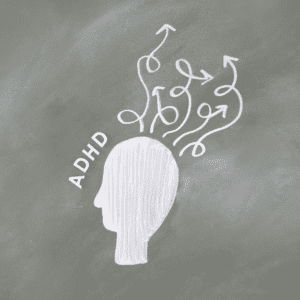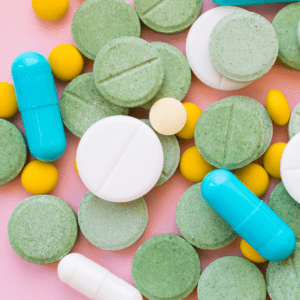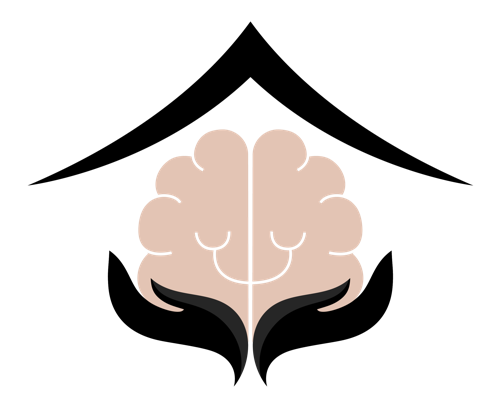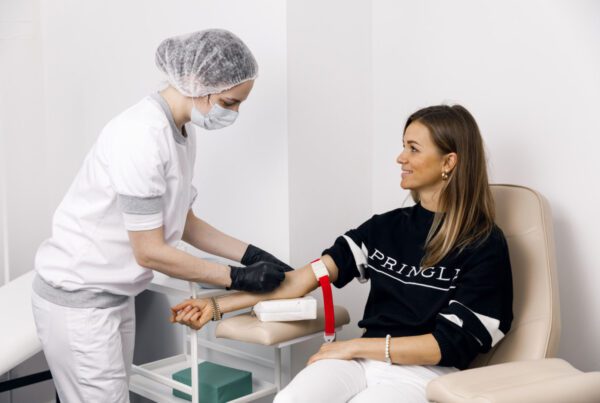Ketamine has been gaining popularity as a potential treatment for depression, anxiety, and other mental health conditions (for good reason!). At the same time, ADHD medication, such as stimulants, is common among people with ADHD to improve focus and concentration. But what if someone wants to take ketamine while on ADHD meds? Are there any risks or potential complications? Let’s dive into the topic and discuss everything you need to know about taking ketamine while on stimulants.
 First, it’s important to note that little research has been done on the specific interaction between ketamine and stimulants. However, we know that both drugs affect the brain differently and can have side effects. Stimulants such as Ritalin, Adderall, or Vyvanse increase dopamine levels and stimulate the central nervous system, while ketamine affects glutamate receptors and helps to create new neural connections. In other words, the two drugs work on different neurotransmitters and pathways.
First, it’s important to note that little research has been done on the specific interaction between ketamine and stimulants. However, we know that both drugs affect the brain differently and can have side effects. Stimulants such as Ritalin, Adderall, or Vyvanse increase dopamine levels and stimulate the central nervous system, while ketamine affects glutamate receptors and helps to create new neural connections. In other words, the two drugs work on different neurotransmitters and pathways.
That said, it’s crucial to consult with a healthcare professional before starting any new medication or treatment, especially if you are already taking stimulants. Your provider can evaluate your case and recommend the best course of action. In some cases, they may advise you to stop taking your stimulant for a day or two before taking ketamine to avoid any potential interactions or side effects. Alternatively, if your dose of stimulant is low, you may be able to take ketamine in the later afternoon or evening, several hours after your stimulant administration.

Another factor to consider is whether you have any pre-existing conditions or medications that could interact with ketamine or stimulants. For example, if you have high blood pressure, heart problems, or a history of substance abuse, taking ketamine may not be safe or advisable. Similarly, if you’re taking other medications that affect your mood or brain function, discussing with your provider whether there could be any unwanted effects or interactions is essential.
It’s also worth noting that ketamine is an amazing medication, but it is not without risk and should not be taken without medical supervision or guidance. While evidence suggests that ketamine can help relieve symptoms of depression and anxiety, it is still not FDA-approved. It’s crucial to approach any psychedelic treatment with caution and care and to have a support system in place in case of any adverse reactions or experiences.
While there is little information on the exact interaction between ketamine and stimulants, it’s essential to approach any new treatment or medication with caution and care. Before considering ketamine treatment, talk to your healthcare provider about your individual case, any pre-existing conditions or medications, and any risks or potential benefits of the treatment. Remember that ketamine is not a magic cure-all and should always be used with other forms of therapy, support, and lifestyle changes. With the proper guidance and support, ketamine may be a valuable tool for some people in coping with mental health challenges.



